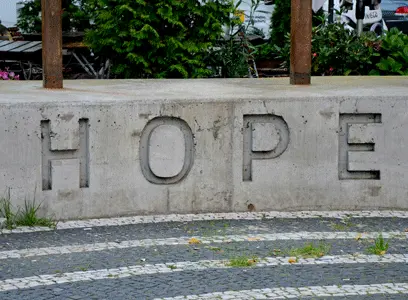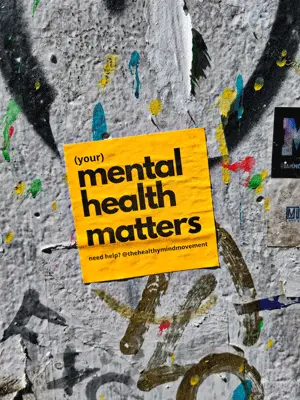Every year on April 7th, World Health Day reminds us to reflect on our well-being and the future of healthcare. This year's theme, "Healthy Beginnings, Hopeful Futures," encourages us to explore new, innovative ways to improve health today for a better tomorrow.
Yet, when it comes to stress and anxiety – two of the biggest mental health challenges worldwide – many solutions remain overlooked. One of them? Cannabis.
Despite years of stigma, research is proving that cannabis – especially CBD-rich varieties – can be a powerful tool for stress relief and emotional balance. In the spirit of this year's theme, let us explore how cannabis can help lay the groundwork for a healthier, calmer future.
Healthy Beginnings: Rethinking Stress Management with Cannabis
A healthy beginning starts with understanding how stress affects us. Chronic stress can lead to:
The Science Behind Cannabis for Stress and Anxiety
At the core of cannabis's effects on mental well-being is the endocannabinoid system (ECS) – our body's built-in stress regulator. Cannabis interacts with the ECS to help restore balance.
- CBD (Cannabidiol): A non-psychoactive compound that interacts with serotonin receptors, helping to ease anxiety and promote relaxation and sleep.
- Low-Dose THC (Tetrahydrocannabinol): Can induce a sense of calm and euphoria in small amounts. However, too much THC may increase anxiety for some people.
- Terpenes (Plant Compounds): Natural compounds like linalool (lavender-like calming effects) and limonene (uplifting citrus notes) enhance the stress-relief properties of cannabis.
What Research Tells Us
- A 2020 study in Frontiers in Pharmacology found that cannabis users reported lower stress levels and improved sleep compared to non-users.
- A 2018 study in the Journal of Affective Disorders found that CBD-rich cannabis significantly reduced anxiety and stress symptoms in over 93% of participants.
- A 2021 study in Neuropsychopharmacology highlighted how cannabinoids help regulate cortisol (the stress hormone), preventing chronic stress damage.
With this growing body of evidence, it is time to start considering cannabis as part of the modern wellness conversation.
Hopeful Futures: Cannabis as a Wellness Tool for Long-Term Mental Health
The future of mental health care needs accessible, natural, and effective solutions – and cannabis has the potential to play a major role.
For decades, misinformation has prevented many from exploring the actual health benefits of cannabis. But change is happening. Countries like Canada, Germany, and parts of the U.S. are expanding medical cannabis programs. In South Africa, personal cannabis use is decriminalised, and medical cannabis access is growing – but education is key to ensuring more people benefit.

If we truly want "Healthy Beginnings, Hopeful Futures," we must challenge outdated perceptions and embrace science-backed natural wellness solutions.
This World Health Day, let us take a step toward a more holistic, stigma-free approach to stress and mental well-being.
Would you consider using cannabis as part of your stress-management routine? Contact us on any of our Social Media platforms or email us to keep the conversation going and work toward a healthier, more hopeful future – together.
Sources:
- Frontiers in Pharmacology – Cannabis and stress relief (https://www.frontiersin.org/journals/pharmacology/articles/10.3389/fphar.2022.881810/full)
- Journal of Affective Disorders – Cannabis and anxiety reduction (https://pmc.ncbi.nlm.nih.gov/articles/PMC10890807/)
- Neuropsychopharmacology – Cortisol regulation and cannabis (https://pmc.ncbi.nlm.nih.gov/articles/PMC6416743/)
- South African Health Products Regulatory Authority – Guidelines on medical cannabis (https://www.sahpra.org.za/document/guideline-for-cultivation-of-cannabis/)
The information contained in this article is for educational and informational purposes only and is not intended as health or medical advice. Always consult a physician or other qualified health provider regarding any questions you may have about a medical condition or health objectives.

Healthy Beginnings, Hopeful Futures